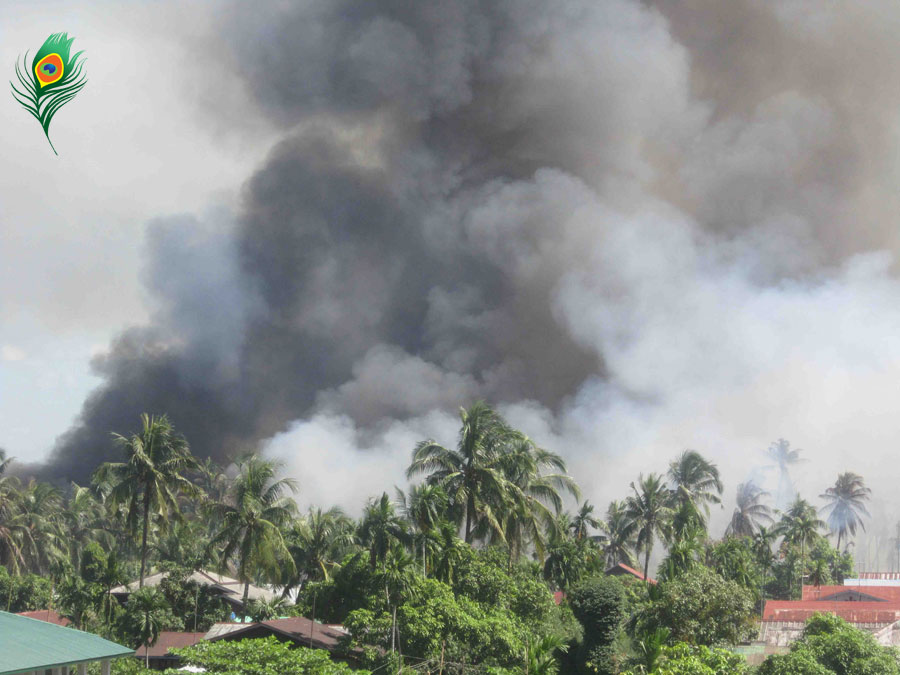The spokesperson for the 27-member investigative commission set up to probe last year’s communal strife in Rakhine State told Mizzima that, in compiling the report, commission members looked to find solutions to the violence between Rakhine Buddhists and Rohingya Muslims.

“We mainly concentrated in the report on why the conflict arose, on how to solve the problems that led to the conflicts, and on what the government has to do,” said Dr. Kyaw Yin Hlaing.
The report—over 100 pages in length—was submitted to President Thein Sein on April 22. It’s expected that its detailed contents will be explained and clarified at an April 29 press conference.
The report was some eight months in the making. It had been scheduled for a late March submission. However, according to commission member Daw Than Than Nu, continuing strife elsewhere in Myanmar caused a delay.
The report comes amidst the furor generated by the publication of a report titled “All You Can Do is Pray” by US-based Human Rights Watch. That document accused the government of complicity in what it said was a campaign of ethnic cleansing against the Rohingya community.
Daw Than Than Nu, however, told Mizzima she thought the conflict was generated by economic issues and over-population, rather than by ethno-religious flashpoints.
The Myanmar government says some 140 civilians were killed in the violence that began in June 2012 with nearly 100,000 made homeless. Muslim groups and international NGOs put those figures much higher.


